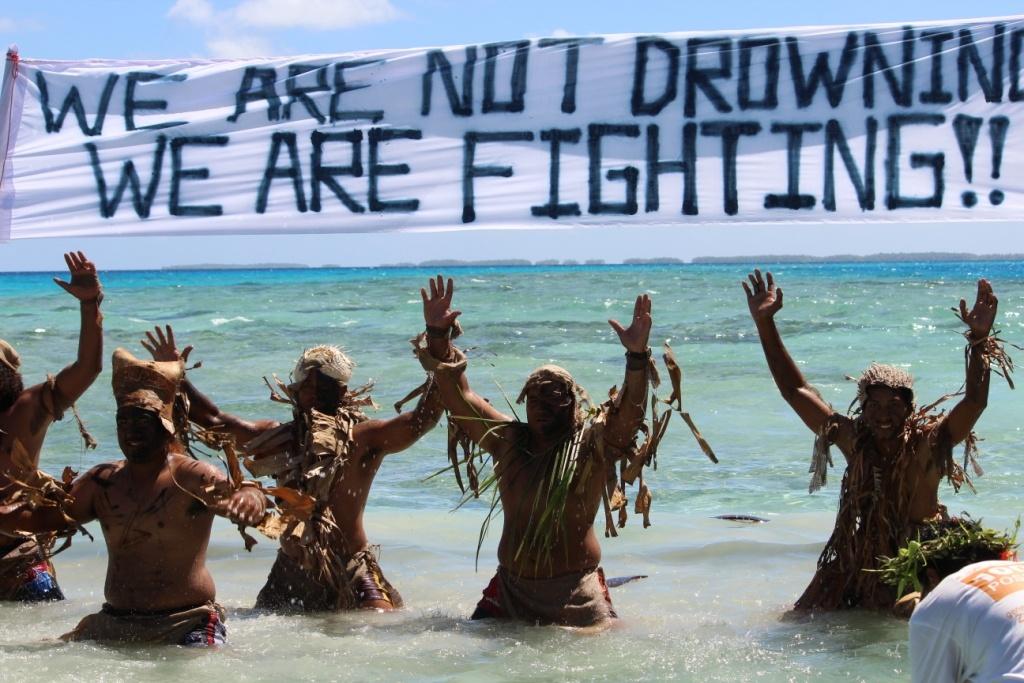Resilience
-
Journal Article Review of Ryan (2001), “Tourism in the South Pacific – A Case of Marginalities”

In the public imaginary, Oceania is a remote region of tropical paradise, perfect for a family holiday away from the troubles of everyday life. As much as Oceania’s geographic, political and economic remoteness defines its islands as alluring holiday destinations, Chris Ryan (2001) argues that it is this very remoteness that also defines the tourism… Continue reading
Ambrym, Australia, Carvings, Chris Ryan, Climate Change Fund, Cook Islands, Core/Periphery, COVID-19, Dependency, GLobal Disruption, Happy Planet Index, HPI, Human Capital, Marginalities, Marginality, Marginalization, Mark Brown, New Economic Foundation, New Zealand, ODA, Overseas Development Aid, Pandemic, Remoteness, Resilience, Stewardship, Tourism, Vanuatu

